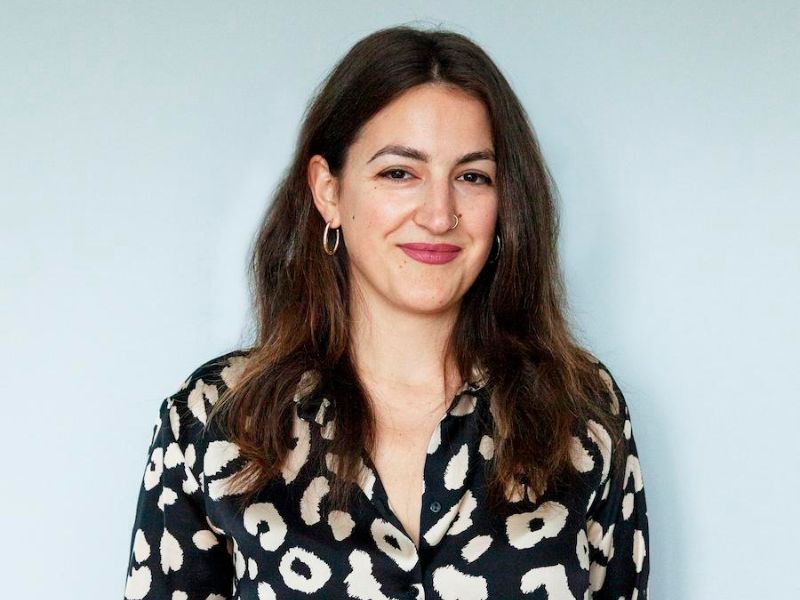Petra Salaric is a multiple award-winning researcher, designer, an activist, and a founder of pstaboo, the first consultancy in the world that specialises in taboos.
Petra has worked for almost 10 years in different areas of design and art – from graphic design to scenography, and across 3 continents before specialising in the area of taboos.
Petra’s framework of working on taboo topics is currently the only existing framework that guides how to deal with taboos in projects.
Petra has collaborated with several NGOs, taught at universities, shared her work at conferences, and created several projects around the world.
Petra is an activist and runs the only existing online abortion support group in Croatia. Currently, Petra is finishing her PhD at Loughborough University, UK.
I’ve been a feminist and an activist since I was a kid. My journey began with the first protest I attended at the age of 9, followed by organising my first charity event at 13. By 16 and 17, I was co-organising major concerts involving 9 bands and 6 high schools, with the support of major sponsors.
I studied design because I loved creating things and products, but my interest in improving people’s lives led me to focus on design for wellbeing. This field explores how we can design products, services, policies, and interactions that positively impact people’s lives over the long term.
However, my fascination with tackling taboos began with a single Facebook post. I saw my ex-boss sharing a post from a girl in Germany seeking mentors for her master’s thesis, which focused on the stigma surrounding menstruation in Western media. Her mentors declined because they found the topic too controversial.
This moment was a revelation for me. I realised that my life had been on autopilot when it came to menstruation, from relationships to daily routines, all influenced by the shame and fear rooted in this taboo. That realisation ignited my obsession with addressing it, leading to a year of dedicated work on menstruation taboos.
Recognising that some areas faced tougher challenges with taboos than others, I decided to broaden my perspective. I travelled to India to conduct field research, collaborating with seven organisations and testing four concepts with 11 families. This research resulted in a design intervention aimed at facilitating better communication within families to support the wellbeing of pre-menstruating girls. Additionally, my work produced a framework that remains the only existing guide for addressing taboos in projects.
Since then, I’ve continued my activism on various taboo topics, and I’ve started teaching design for taboos at universities worldwide. However, a recurring issue I’ve encountered is the lack of research and support on approaching taboos. While experts focus on specific taboos, there’s a glaring absence of guidance or methodologies (except for the one I developed) for tackling taboos in projects. This can lead to poorly designed solutions, inadequately researched materials, and significant time and money wasted on misguided projects.
Driven by my desire to learn more, I established a design for taboo research interest group with 17 researchers spanning three continents. Together, we analyse various taboos and identify gaps in research and knowledge.
Additionally, I founded “pstaboo,” the world’s first consultancy specialising in taboo topics. Through workshops, consulting, and research, we help companies navigate taboos within their organisations and projects. Unlike other consultancies, we offer expertise in all three areas: design, research, and in-depth knowledge of taboos.
Our working environments present a unique opportunity to create impact, as we spend a significant portion of our lives there, often concealing our true selves. Breaking down workplace stigmas can pave the way for broader societal changes. Moreover, taboos wield considerable power; research has shown that they can foster trust and strengthen relationships. Our aim is to create spaces for uncomfortable conversations, foster trust through shared vulnerability, and deliver impact on individual, team, and organisational levels.
I’ve personally witnessed how exposing and addressing taboos, not only in my work but also in my own life, can transform lives. We need designed interventions, exposure, and expert knowledge to empower us to effect change—within our teams, organisations, and our personal lives. Without doing so, we risk relinquishing control over our own lives to the taboos that hold us back.
Read more from our inspirational women here.









